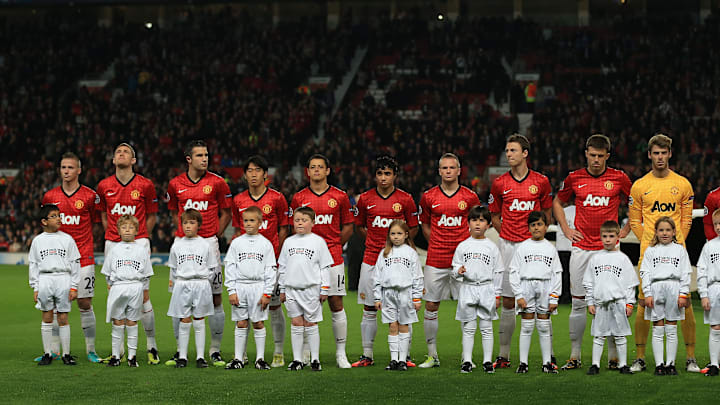The words of big magnates can echo as strongly as the decisions of coaches or the dribbles of players on the field. And that's exactly what happened recently when Sir Jim Ratcliffe, the new owner of Manchester United, shared some intriguing opinions about the present and future of the club.
In an interview on Welsh cyclist Geraint Thomas' podcast, Ratcliffe revealed his apparent lack of enthusiasm for the Premier League title this season. While Arsenal, Liverpool, and Manchester City are locked in an exciting battle for the trophy, Manchester United, currently in sixth place on the table, watches from afar, with just a spot in the next Champions League as a tangible objective.
Follow The Top Flight on X (Twitter).
Ratcliffe, bluntly and even jocularly, described the three main title contenders as "enemies," making his disdain for the situation clear. However, amid this disdain, he cast a shadow of admiration towards Arsenal, praising the club's patience with manager Mikel Arteta despite the absence of major titles in his resume so far.
But what caught the most attention were Ratcliffe's comments on Manchester United's recruitment strategy. Instead of following the traditional route of pouring large sums of money into established stars, Ratcliffe advocates for a more measured approach, seeking emerging talents that could be molded into the Mbappés of the future.
This approach, while refreshing in its logic, raises questions about what exactly this means for a club historically associated with big signings and high-profile transfers. Ratcliffe points to the example of Antony, a recent signing who failed to live up to expectations after a transfer fee of over 80 million euros. His suggestion that "anyone could find" a Mbappé raises eyebrows and questions about the practical viability of this approach.
Furthermore, changes in the club's structure under Ratcliffe's management also spark speculation about the future of manager Erik Ten Hag. Despite a relatively successful first season, with a win in the English League Cup and a spot in the Champions League, Manchester United's performance this season has been disappointing, culminating in early eliminations in various competitions.
The potential hiring of Omar Berrada, former chief operations officer of rival Manchester City, as the new CEO, and Dan Ashworth, an experienced sporting director, raises questions about Ten Hag's continuity in the role. Even with a contract until mid-2025, the club's management may choose to pay the termination clause and seek a change in coaching leadership.
The true unknown remains: what will Ratcliffe's legacy be at Manchester United? His approach of "not investing truckloads of money in star players" is a risky bet in a world where success is often measured in trophies and titles.
